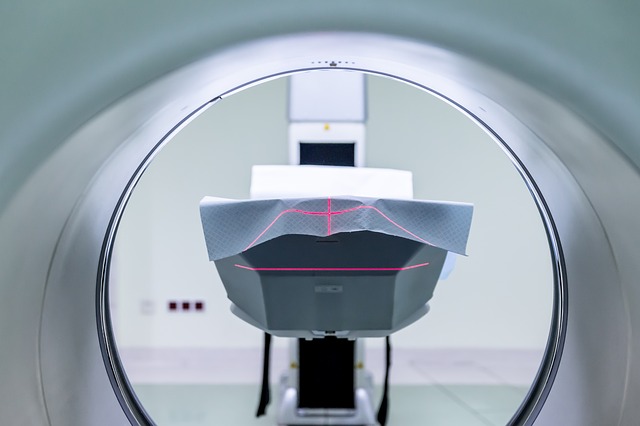A new study investigates whether there are symptoms or warning signs associated with the development of pancreatic cancer.
Pancreatic cancer has one of the highest fatality rates out of all cancers, accounting for an estimated 331,000 deaths globally each year.1 In 2018, the highest age-standardized rates of pancreatic cancer were observed in Europe and North America, with 7.7 and 7.6 cases per 100,000 people respectively.6
It is also notoriously difficult to diagnose; less than ten percent of cases between 2006 and 2012 were diagnosed at early stages where the cancer was localized to the pancreas.1,2 Early diagnosis of cancers is key for easier treatment and optimal patient outcomes, and localized pancreatic cancers have a significantly higher survival rate than end-stage pancreatic cancers.1,3
Despite the importance of early diagnosis, there is no recommended screening program in the United Kingdom for pancreatic cancer, which led researchers in the UK to further study this area.3
Current screening methods for pancreatic cancer frequently lead to false positives, and implementing a federal screening schedule could ultimately result in people being treated for cancers they do not have.4
For this reason, receiving a diagnosis of pancreatic cancer usually does not occur if the patient is not genetically predisposed or experiencing warning signs or symptoms. However, the clinically recognized warning signs of pancreatic cancer are fairly vague; patients may experience non-specific symptoms such as unexplained weight loss, jaundice, or pain in the left upper quadrant of the abdomen.4,5
To address the lack of warning signs of pancreatic cancer, researchers in the UK investigated data from over 23,000 pancreatic cancer diagnoses to see whether there were any common associated symptoms.3 The results were published in the British Journal of General Practice.
Researchers investigated pancreatic cancer diagnoses from 23,640 patients above the age of 24 between January 1, 2000, and December 31, 2019.3 The data was derived from an anonymous and encrypted medical database called the QResearch database, which contains medical records of over 35 million patients in the UK.3 Common associated symptoms were recorded, and these were compared against a control group of individuals without pancreatic cancer.
The study found that two symptoms, jaundice and gastrointestinal bleeding, were associated with pancreatic cancer. Moreover, thirst and dark urine were associated with a specific type of pancreatic cancer called pancreatic ductal adenocarcinoma (PDAC).
The results of this study suggest that these warning signs could potentially be associated with pancreatic cancer diagnosis; however, these are also relatively nonspecific symptoms. More research is needed to confirm this association, and more research is needed to determine how to implement better diagnostic strategies for pancreatic cancer.
References
- Ilic, M., Ilic, I., et al (2016, November 28). Epidemiology of pancreatic cancer. World J Gastroenterol 22(44): 9694-9705. Doi: 10.3748.wjg.v22.9694
- National Cancer Institute: Surveillance, Epidemiology, and End Results Program (2016, September 12). Previous Version: SEER Cancer Statistics Review, 1975-2013. National Institutes of Health; U.S. Department of Health and Human Services. Accessed 2021, November 13, from https://seer.cancer.gov/archive/csr/1975_2013/
- Liao, W., Clift, A.K., Pantone, M., et al (2021). Identifying symptoms associated with diagnosis of pancreatic exocrine and neuroendocrine neoplasms: a nested case-control study of the UK primary care populations. British Journal of General Practice 71(712): e836-845. Doi: 10.3399/BJGP.2021.0153
- Gedge, K (2017, July 1). Pancreatic Cancer: A Symptomless Killer. Journal of Perioperative Practice. Doi: 10.1177/1750458917027007-803
- Sood, R., Neoh, K., Bakashi, R., et al (2012, March 15). Pancreatic Cancer. InnovAiT: Education and inspiration for general practice. Doi: 10.1093/innovait/ins005
- Rawla, P., Sunkara, T., Gaduputi, V. (2019, February). Epidemiology of Pancreatic Cancer: Global Trends, Etiology, and Risk Factors. World J Oncol 10(1): 10-27. Doi: 10.14740/wjon1166
- Image by Michal Jarmoluk from Pixabay



